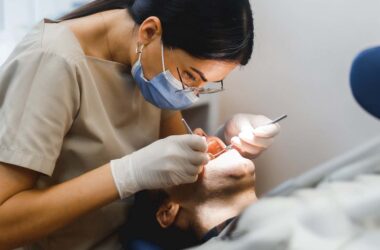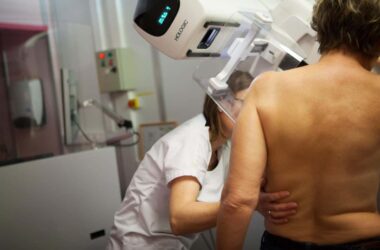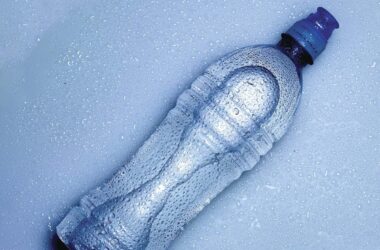The presence of a gene variant that is the biggest known genetic risk factor for Alzheimer’s disease, called apolipoprotein E (APOE) allele, may actually improve fertility in women. This discovery could potentially lead to the development of new fertility treatments.
The APOE gene has three variants: APOE2, APOE3, and APOE4. Each variant encodes for a slightly different form of a protein that helps transport fats and cholesterol around the body, which is important for cell, hormone, and vitamin D production.
Previous studies have shown that individuals carrying an APOE4 allele have an increased risk of Alzheimer’s and heart disease. APOE4 increases cholesterol uptake from food compared to APOE3 or APOE2, which can lead to clogged arteries and heart disease. Furthermore, excess cholesterol in brain cells has been linked to slowed brain signaling and an increased risk of dementia.
Despite the negative impacts of the APOE4 allele, it is still present in approximately 15 to 25 percent of the population in Europe and the US. This is possibly because Alzheimer’s and heart disease typically occur later in life when individuals tend to stop reproducing.
Alternatively, the APOE4 allele may have beneficial effects that have helped it persist in human evolution. However, understanding these benefits is challenging in Western communities where access to modern amenities, such as birth control, can influence fertility.
To investigate the relationship between the APOE4 allele and fertility, researchers focused on the Tsimané Indigenous hunter-gatherer group in Bolivia. This community lacks access to birth control, making it an ideal population to study. The study included 795 Tsimané girls and women aged 13 to 90 years old.
The results showed that 80 percent of the Tsimané participants carried two copies of the APOE3 variant, 18.5 percent carried one copy of APOE4 and one copy of APOE3, and 1.5 percent carried two copies of APOE4. None of the participants had any copies of APOE2.
Analysis of surveys conducted between 2002 and 2022 revealed that Tsimané women with one copy of the APOE4 allele and one copy of APOE3 had an average of 0.4 more children by the age of 47 compared to those with two copies of APOE3. Those with two copies of the APOE4 allele had around 1.7 more children on average compared to those with two copies of APOE3.
Women with at least one copy of APOE4 also gave birth 10 percent sooner after their previous birth compared to those with two copies of APOE3. Additionally, there was a roughly 10-month difference in the age at which these women had their first child, with those carrying at least one copy of APOE4 giving birth earlier.
According to Benjamin Trumble at Arizona State University, in an environment where obtaining enough food can be a struggle and cholesterol levels may be lower, the increased cholesterol uptake due to the APOE4 allele may enhance fertility. This could explain why the allele has persisted in evolution.
The findings of this study could pave the way for new fertility treatments by uncovering new ways in which the APOE4 allele impacts fertility, as suggested by Reinaldo Barreto Oriá at the Federal University of Ceará, Brazil.








